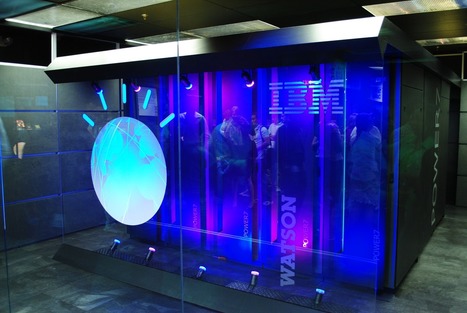After 3 years as head of IBM’s health division, Deborah DiSanzo is leaving her role.
A company spokesman said that DiSanzo will no longer lead IBM Watson Health, the Cambridge-based division that has pitched the company’s famed artificial intelligence capabilities as solutions for a myriad of health challenges, like treating cancer and analyzing medical images.
Even as it has heavily advertised the potential of Watson Health, IBM has not met lofty expectations in some areas. Its flagship cancer software, which used artificial intelligence to recommend courses of treatment, has been ridiculed by some doctors inside and outside of the company.
And it has struggled to integrate different technologies from other businesses it has acquired, laying off employees in the process.
more at https://www.statnews.com/2018/10/19/head-of-ibm-watson-health-leaving-post/



 Your new post is loading...
Your new post is loading...










Over the years IBM Watson promised much to the healthcare world and delivered pretty much nothing. I must say, reading up about IBM Watson taught me a thing or more about marketing :). Given that there is definitely good stuff being worked on within IBM, I hope that IBM will learn that healthcare requires patience and accuracy, and Watson will someday start doing good for healthcare.